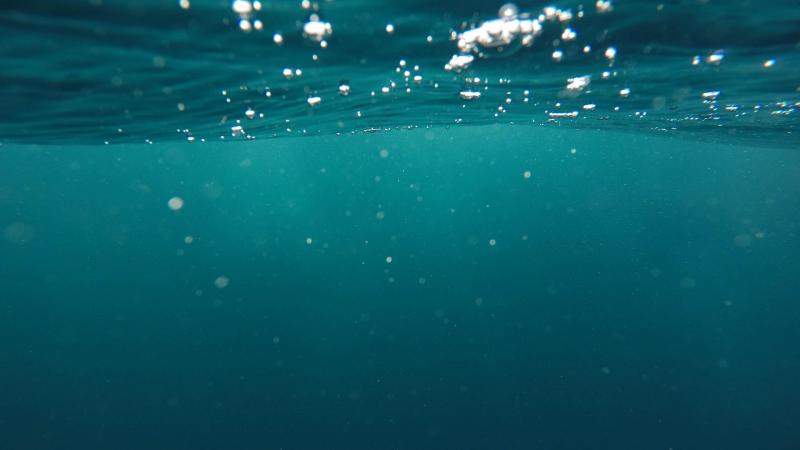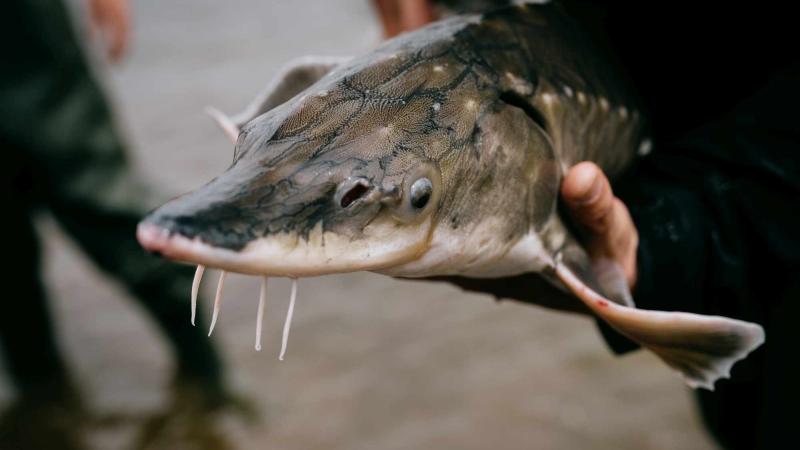
Be it snails, mussels or fish: Even for animals that are not directly vulnerable to rising temperatures, the pathogens that infect them could become more lethal. | © Solvin Zankl
A team of researchers led by Professor Kayla King synthetized findings from 60 studies on infections in cold-blooded animals, including crustaceans, oysters, molluscs, fish, and terrestrial insects. These animals are highly dependent on the temperature of their environment, making them particularly vulnerable to climate change. The results show that mortality caused by bacterial infections increases when these animals are exposed to higher temperatures.
The study also revealed intriguing insights into fungal infections: within a specific temperature range optimal for fungal growth (the so-called "thermal optimum"), infected animals experienced higher mortality rates. However, when temperatures rose above the fungus's thermal optimum, mortality rates began to fall.
"These findings show that climate change poses a significant threat to cold-blooded animals, which are an important part of the ecosystem," said Dr Li, lead author of the study. The research provides insights into how rising temperatures could affect animal populations and ecosystems, helping to predict future risks in a warming world.
Professor Justyna Wolinska of IGB, a co-author, emphasised the wider implications for aquatic ecosystems: "Diseases in aquatic species could become more lethal. Given the role of pathogens in many ecological processes, this could lead to profound disruptions in the functioning and stability of aquatic ecosystems". The study highlights the need to further investigate the complex relationships between climate, pathogens and their hosts, including the potential risks to human health.






